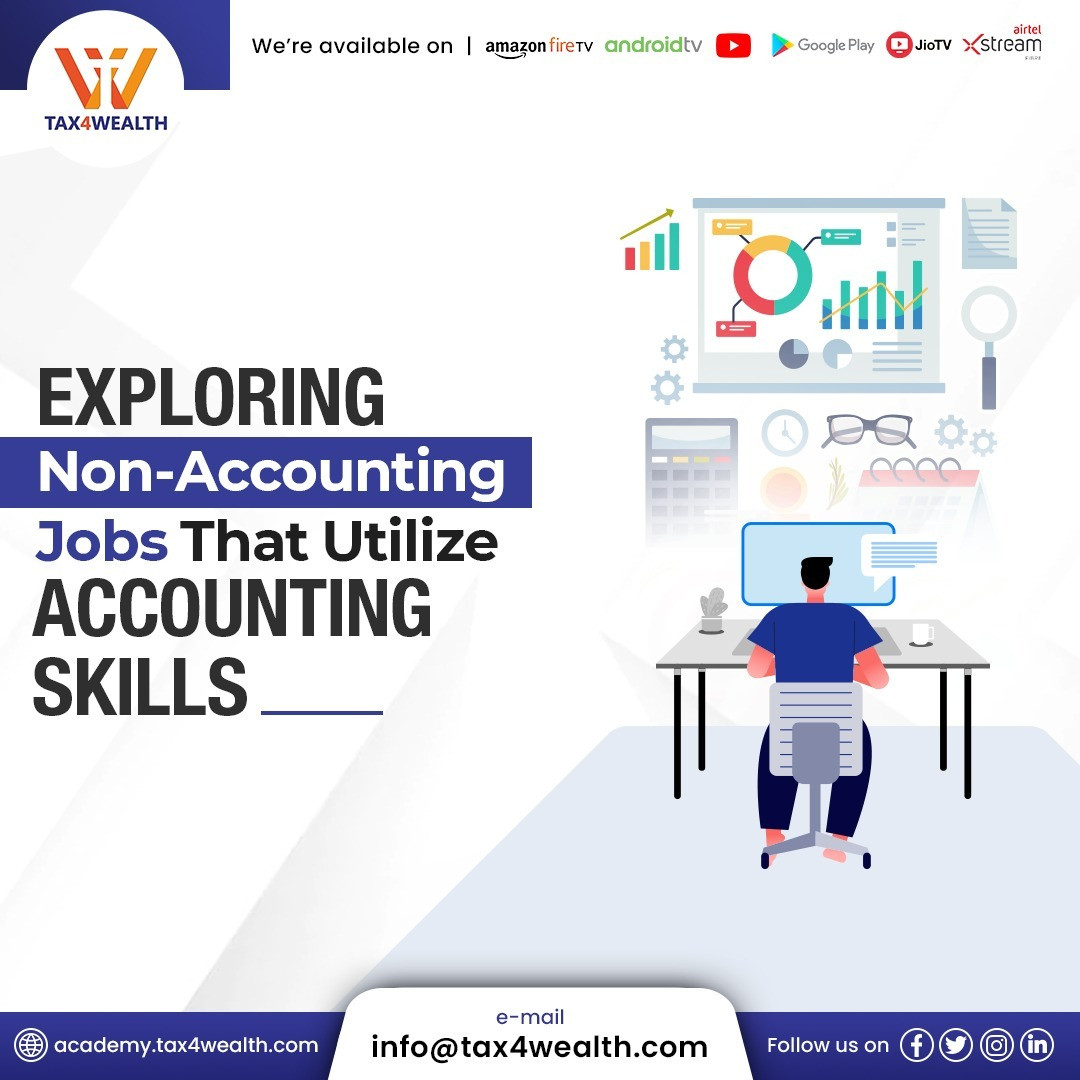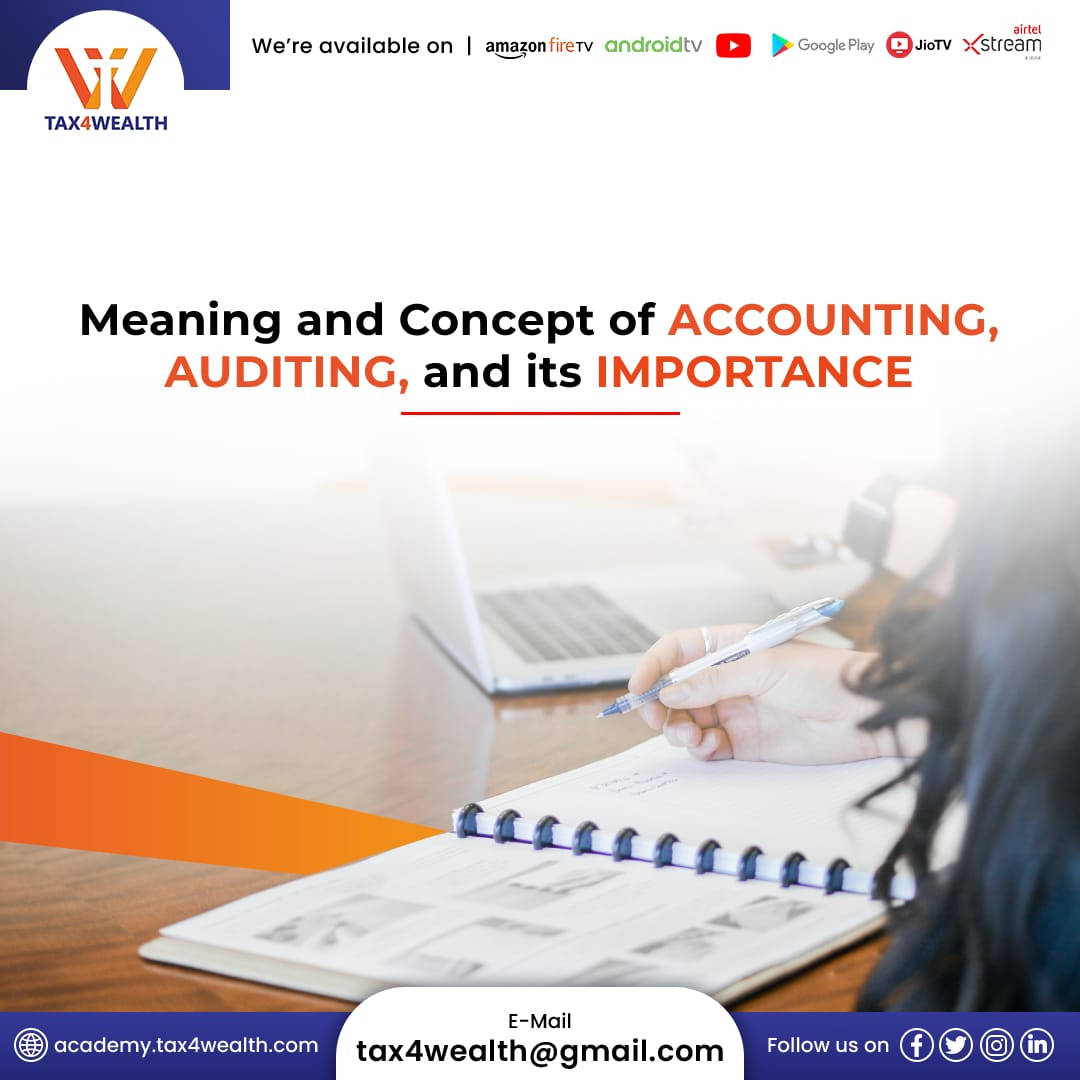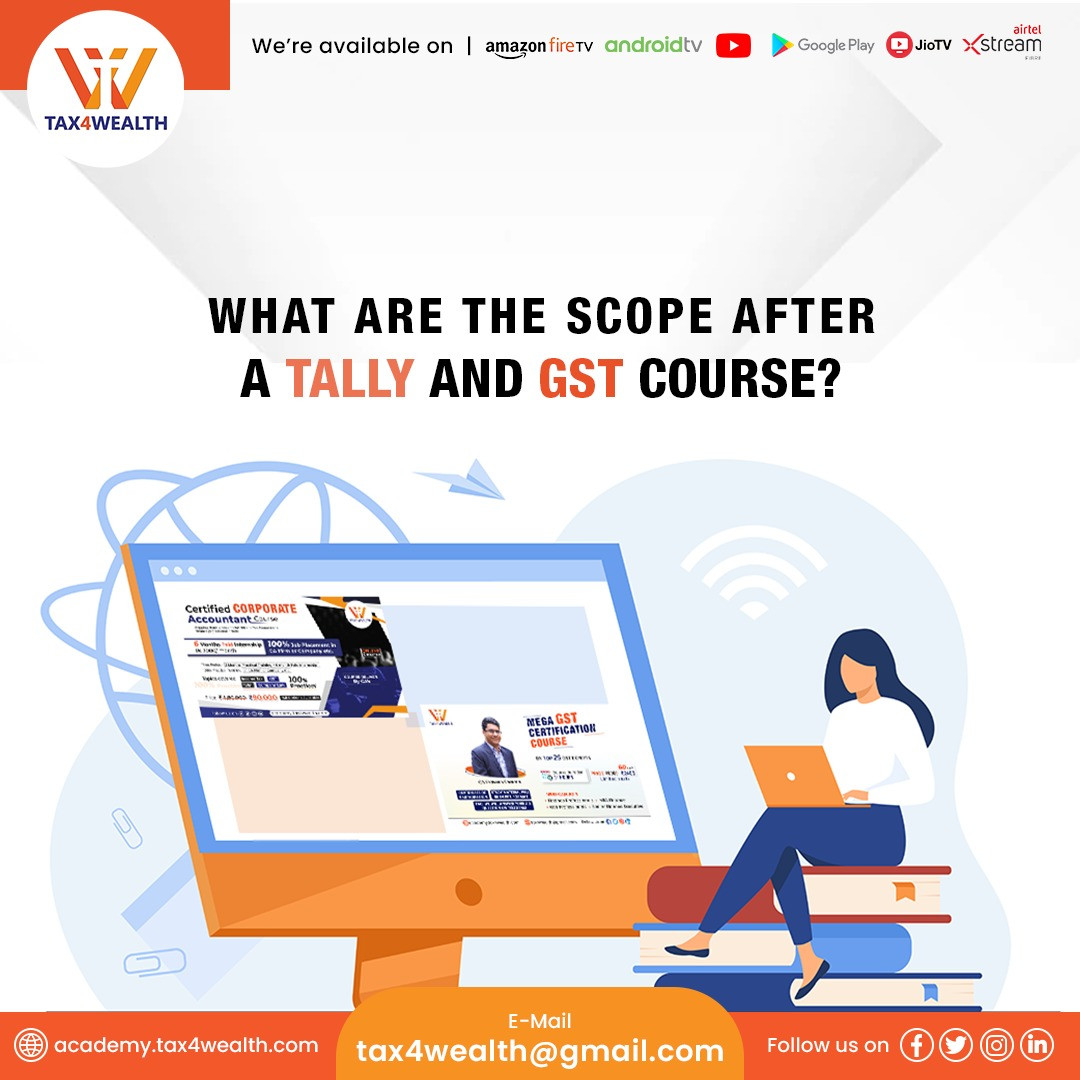
Exploring Non-Accounting Jobs That Utilize Accounting Skills
An accounting degree opens doors to an array of career pathways beyond traditional accounting roles. The versatility and applicability of accounting skills across industries make it a valuable asset in today's dynamic job market. By recognizing and harnessing these skills creatively, accounting graduates can carve out fulfilling careers in unexpected yet rewarding fields.
Whether it's deciphering complex financial data, uncovering discrepancies, or strategizing for business growth, the skills ingrained in an accounting education serve as a launching pad for a myriad of professional journeys. With an open mind and a willingness to explore unconventional opportunities, accounting graduates can chart a unique and fulfilling career path that transcends the boundaries of traditional accounting roles.
In essence, an accounting degree doesn't confine one to a singular career track; instead, it serves as a versatile toolkit that can be wielded across diverse industries, enriching and shaping careers in remarkable ways.
Diverse Career Pathways:
1. Financial Analyst in Non-Financial Sectors:
Financial expertise is invaluable in industries beyond finance. Many non-financial corporations seek financial analysts to assess performance, analyze market trends, and make strategic recommendations. These roles benefit from accounting acumen to interpret data and provide insights into improving operational efficiencies.
2. Forensic Accountant / Investigator:
Forensic accounting merges financial expertise with investigative skills. Professionals in this field analyze financial records to uncover fraud, embezzlement, or other financial discrepancies. Law enforcement agencies, consulting firms, and legal practices often rely on these specialists.
3. Management Consulting:
Management consultants assist organizations in optimizing performance. Accountants' analytical abilities, understanding of financial data, and problem-solving skills are highly relevant in this arena. They contribute to strategy development, process improvement, and financial restructuring.
4. Entrepreneurship and Business Ownership:
Accounting knowledge provides a solid foundation for aspiring entrepreneurs. Understanding financial statements, budgeting, and tax implications are crucial when starting and managing a business. Many successful entrepreneurs begin with an accounting background.
5. Education and Training:
Teaching accounting-related subjects at educational institutions or providing specialized training to businesses and individuals looking to enhance their financial literacy is another avenue for accounting graduates. Their expertise helps mold the next generation of financial professionals or empowers individuals with financial knowledge.
Harnessing Accounting Skills in Diverse Settings:
The unique skill set obtained through an accounting degree extends beyond number manipulation. Analytical thinking, attention to detail, problem-solving, and a deep understanding of financial principles are assets in various professions. Here's how to leverage these skills effectively:
- Stay updated on industry trends, regulations, and technological advancements. Embrace ongoing education and certifications to remain competitive.
- Engage with professionals from diverse fields to explore opportunities and understand how accounting skills can be applied in different contexts.
- Embrace flexibility and adapt to changing environments. Highlight transferable skills in resumes and interviews to showcase suitability for roles outside traditional accounting.
For more information, Visit us at: https://academy.tax4wealth.com/
Related News
No comments yet, Be the first to comment.













